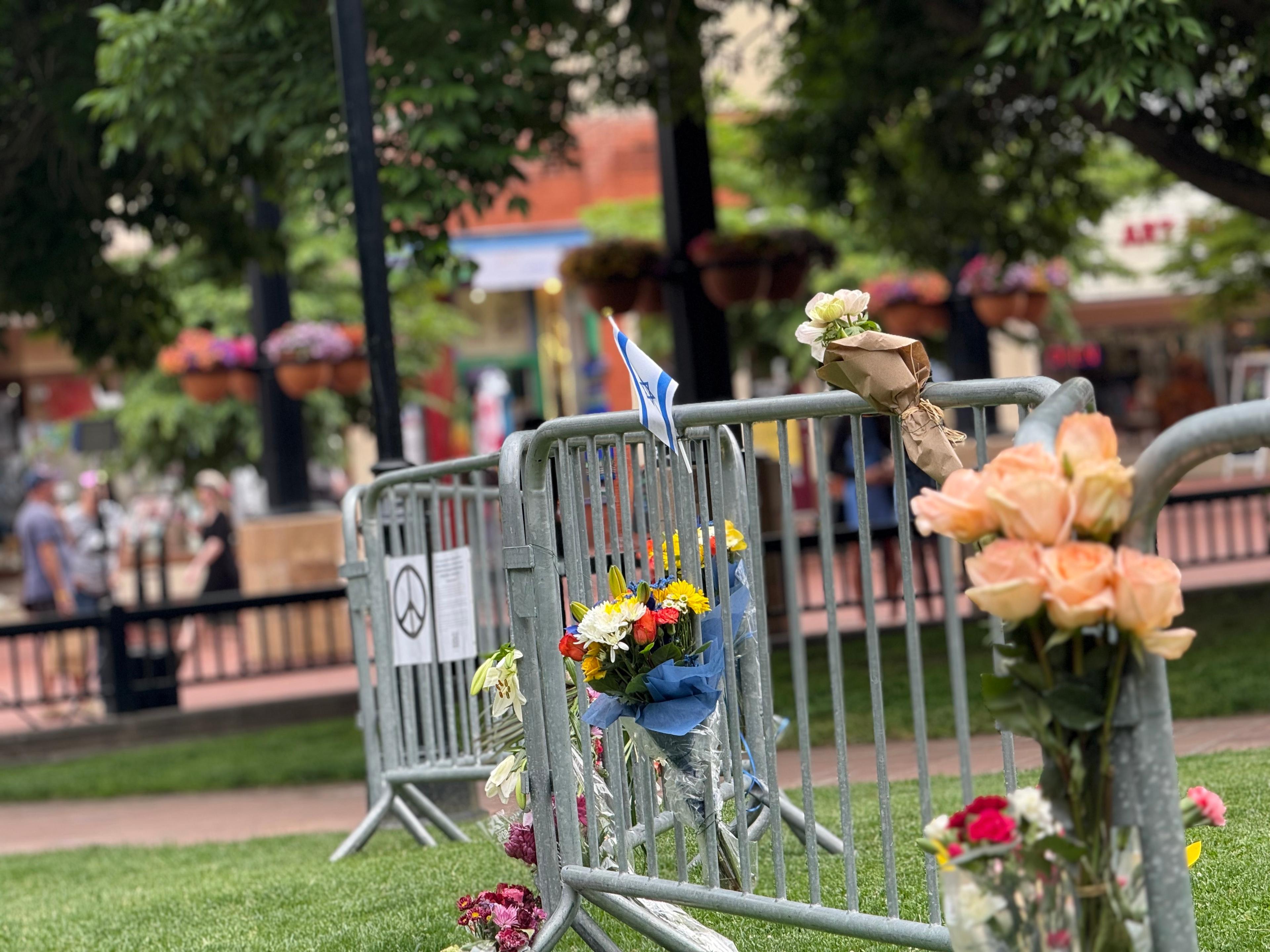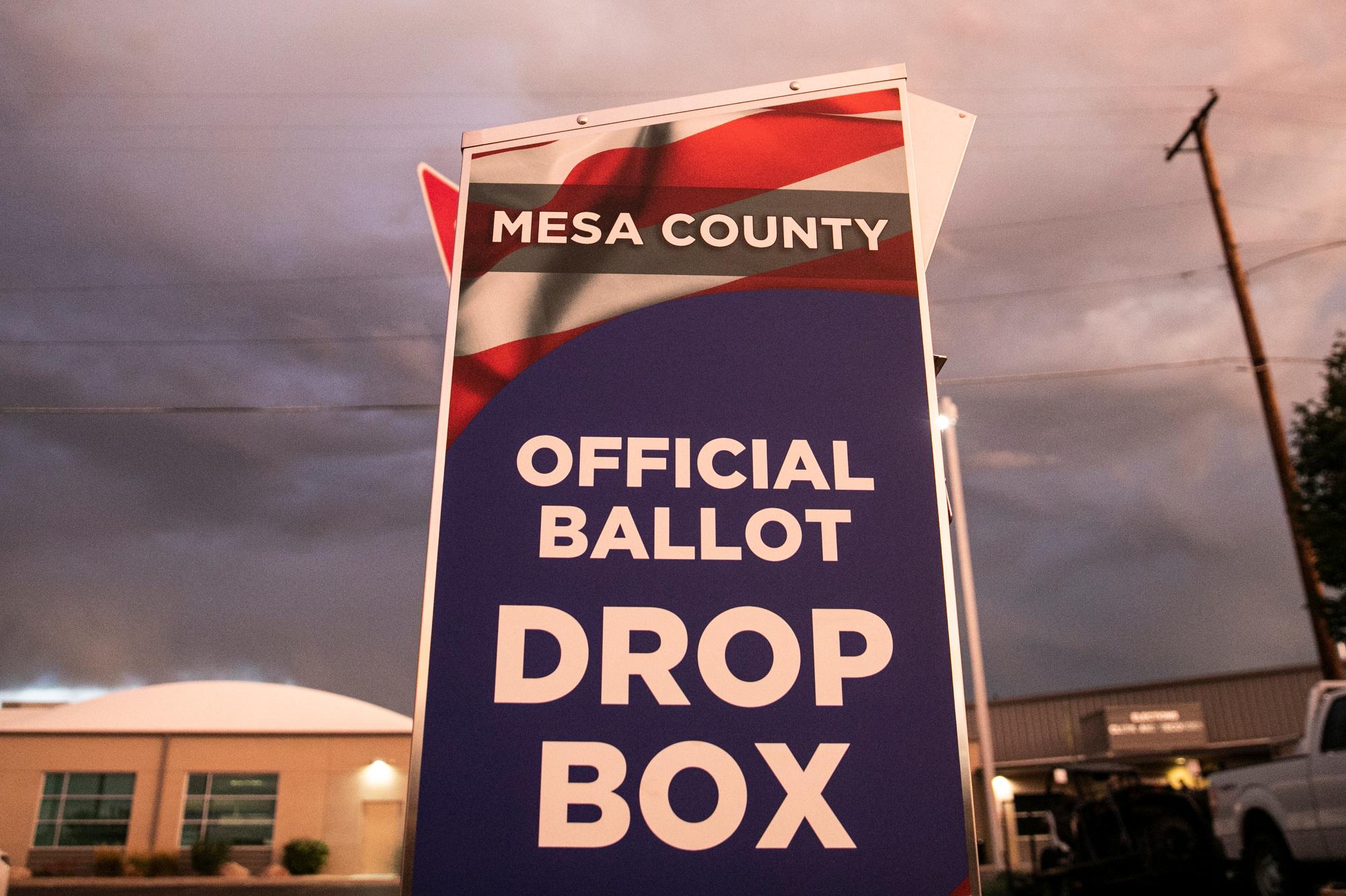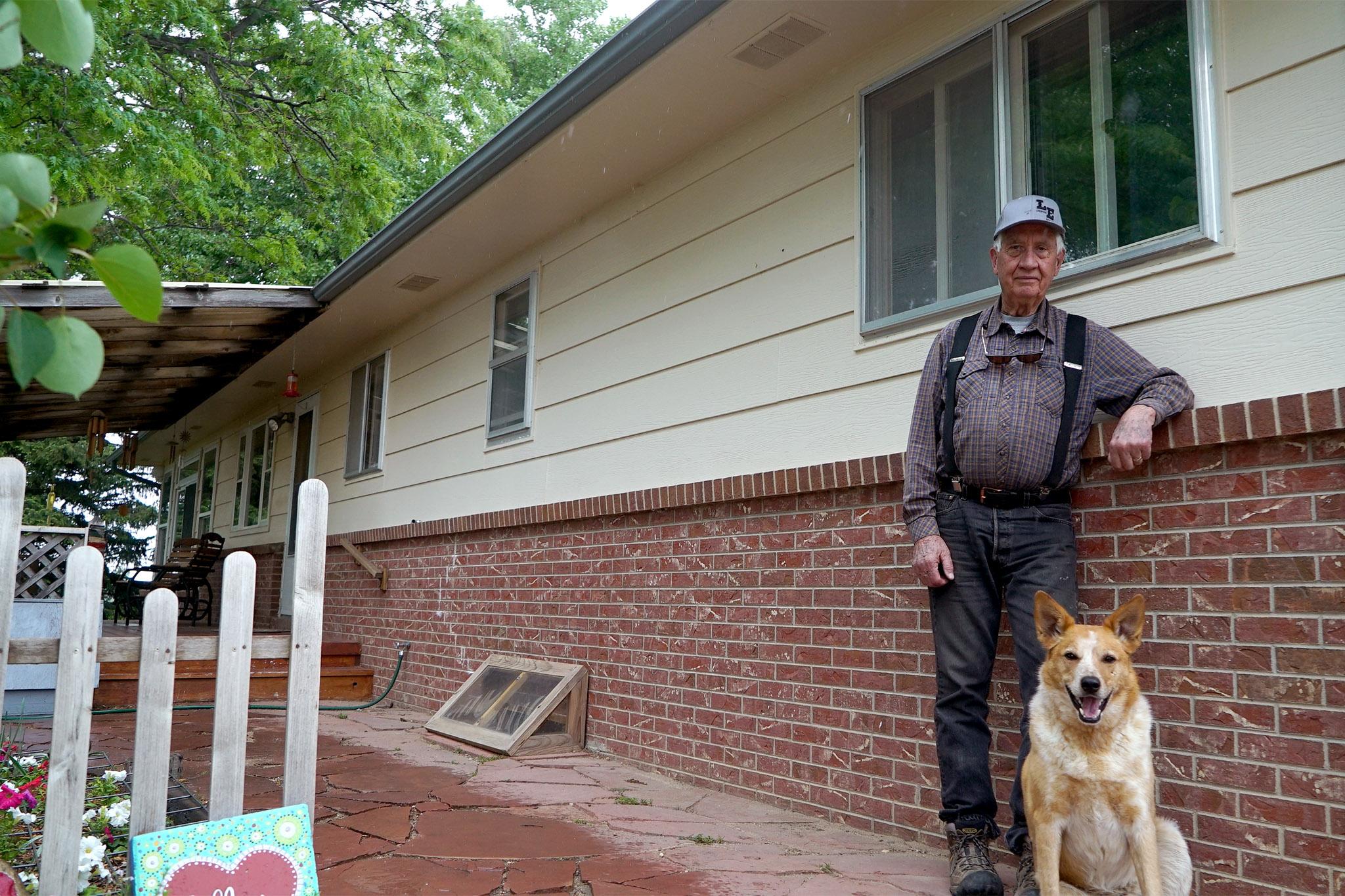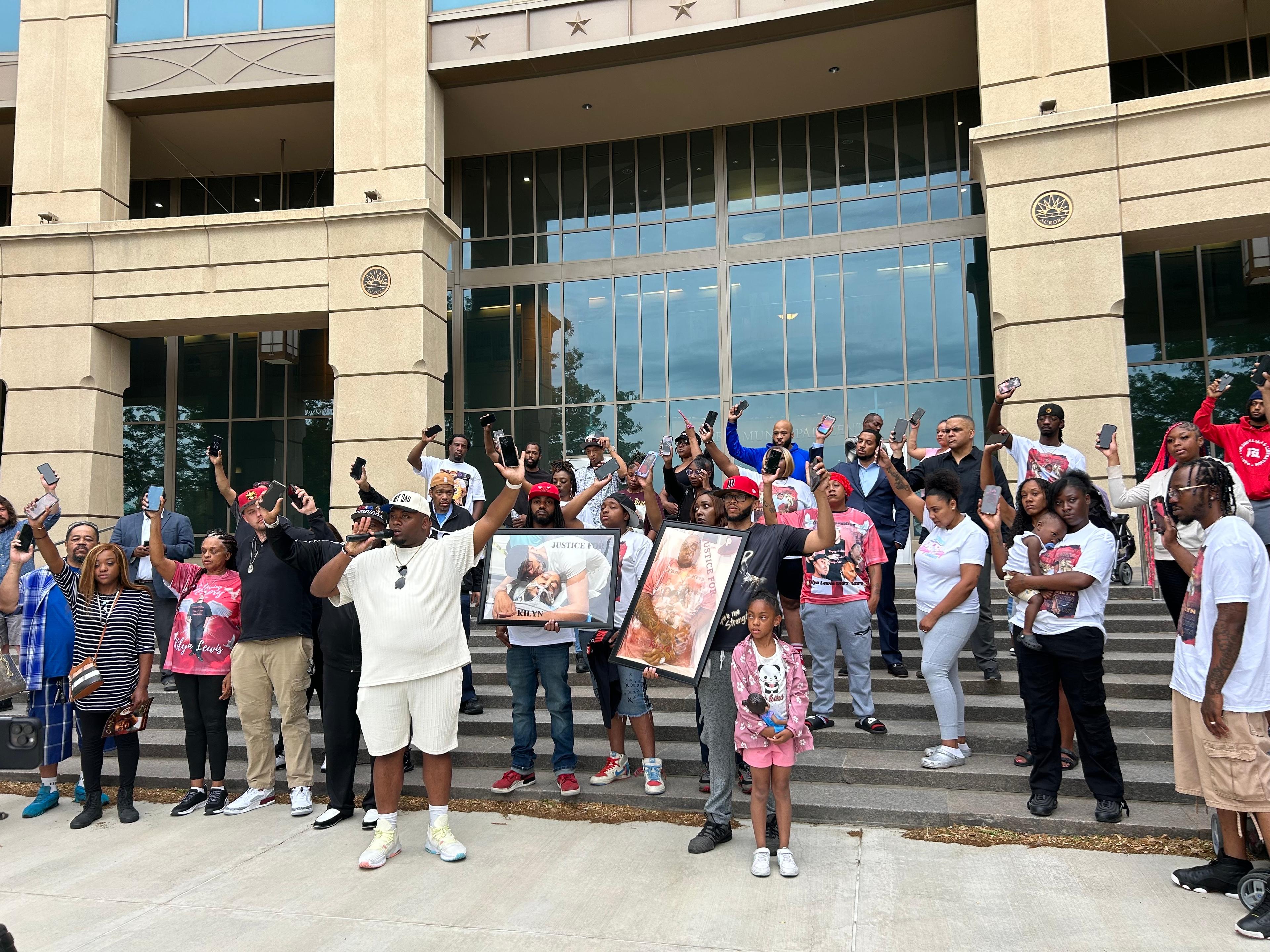
By Matthew Daley | AP
Updated 3:13 p.m., June 25, 2025
A plan to sell more than 3,200 square miles of federal lands has been ruled out of Republicans’ big tax and spending cut bill after the Senate parliamentarian determined the proposal by Senate Energy Chairman Mike Lee would violate the chamber’s rules.
Lee, a Utah Republican, had proposed selling millions of acres of public lands in the West to states or other entities for use as housing or infrastructure. The plan would revive a longtime ambition of some Western conservatives to cede lands to local control after a similar proposal failed in the House earlier this year.
Lee's plan has revealed sharp disagreement among those Republicans who support wholesale transfers of federal property to spur development and generate revenue, and other lawmakers — including GOP senators in Montana and Idaho — who are staunchly opposed.
Colorado Republican Rep. Jeff Hurd said he was “adamantly opposed to public land sales in reconciliation.”
“This is not something that people in my district asked for,” Hurd told CPR News. “I think decisions when it comes to public land should be made by the people that live in that part of our country, and no one in my district is asking for a wholesale sale of public land.”
He worked with Democratic Rep. Joe Neguse to get a public land sales proposal taken out of the House version of the bill. The pair released a joint statement on Tuesday saying the idea is deeply unpopular with hunters, ranchers, conservationists and outdoor enthusiasts.
“We must remain united in ensuring that [reconciliation] text excludes provisions that would permit the widespread sale or transfer of these treasured places,” the two wrote. “It’s time for folks on both sides of the aisle to come together for the common good and stand with us in our bipartisan effort to be good stewards of America’s prized public lands.”
Republican sponsor isn't giving up
On social media posts Monday night and Tuesday, Lee said he would keep trying.
He said he was working with the Trump administration to ensure any federal land sales go to American families, not foreign governments or corporations.
“Housing prices are crushing families and keeping young Americans from living where they grew up. We need to change that,'' he wrote after the parliamentarian concluded the proposal violates the Byrd rule.
In the scaled back version of the bill released Wednesday, Lee removed all U.S. Forest Service land from the proposal. And specified that only 0.25 to 0.50 percent of land managed by the U.S. Bureau of Land Management would be up for sale. Additionally, the bill specifies eligible tracts would have to be located within 5 miles of the border of a population center..
The Wilderness Society estimates that just over a million acres would be required to be put up for sale.
Even as environmental advocates celebrated the ruling late Monday by Senate Parliamentarian Elizabeth MacDonough, they acknowledged that Lee's proposal is far from dead.
“This is a victory for the American public, who were loud and clear: Public lands belong in public hands, for current and future generations alike,'' said Tracy Stone-Manning, president of The Wilderness Society and director of the BLM under President Biden. “Our public lands are not for sale.”
Carrie Besnette Hauser, president and CEO of the nonprofit Trust for Public Land, called the procedural ruling in the Senate “an important victory in the fight to protect America’s public lands from short-sighted proposals that would have undermined decades of bipartisan work to protect, steward and expand access to the places we all share.”
“But make no mistake: this threat is far from over,” Hauser added. “Efforts to dismantle our public lands continue, and we must remain vigilant as proposals now under consideration" including plans to roll back the bipartisan Great American Outdoors Act and cut funding for land and water conservation, make their way through Congress, she said.
Parliamentarian's rulings are rarely ignored
MacDonough, the Senate parliamentarian, also ruled out a host of other Republican-led provisions Monday night, including construction of a mining road in Alaska and changes to speed permitting of oil and gas leases on federal lands.
While the parliamentarian’s rulings are advisory, they are rarely, if ever, ignored. Lawmakers are using a budget reconciliation process to bypass the Senate filibuster to pass President Donald Trump’s tax-cut package by a self-imposed July 4 deadline.
Under Lee's plan, land in 11 Western states from Alaska to New Mexico would be eligible for sale. Montana was carved out of the proposal after lawmakers there objected. In states such as Utah and Nevada, the government controls the vast majority of lands, protecting them from potential exploitation but hindering growth.
"Washington has proven time and again it can’t manage this land. This bill puts it in better hands,” Lee said in announcing the plan earlier this month.
The proposal received a mixed reception Monday from the governors of Western states. Democratic New Mexico Gov. Michelle Lujan Grisham called it problematic in her state because of the close relationship residents have with public lands.
Democratic Colorado Gov. Jared Polis said he hoped there could be partnership with the federal government to find areas of public land that could be appropriate for housing, but “Coloradans really treasure our access, and it would be a devastating blow to the quality of life, as well as to our economy, if areas were fenced off and the public was denied access.”
Republican Wyoming Gov. Mark Gordon voiced qualified support. “On a piece-by-piece basis ... we can actually allow for some responsible growth in areas with communities that are landlocked at this point,” he said at a meeting of the Western Governors’ Association in Santa Fe, New Mexico.
Housing advocates have cautioned that federal land is not universally suitable for affordable housing. Some of the parcels up for sale in Utah and Nevada under a House proposal were many miles from developed areas.
New Mexico Sen. Martin Heinrich, the top Democrat on the energy committee, said Lee's plan would exclude Americans from places where they fish, hunt and camp.
“I don’t think it’s clear that we would even get substantial housing as a result of this,” Heinrich said earlier this month. “What I know would happen is people would lose access to places they know and care about and that drive our Western economies.”
Editor's note: This story has been updated with details of Sen. Lee's of revamped land sale proposal.
CPR News Public Affairs Reporter Caitlyn Kim contributed to this story.









